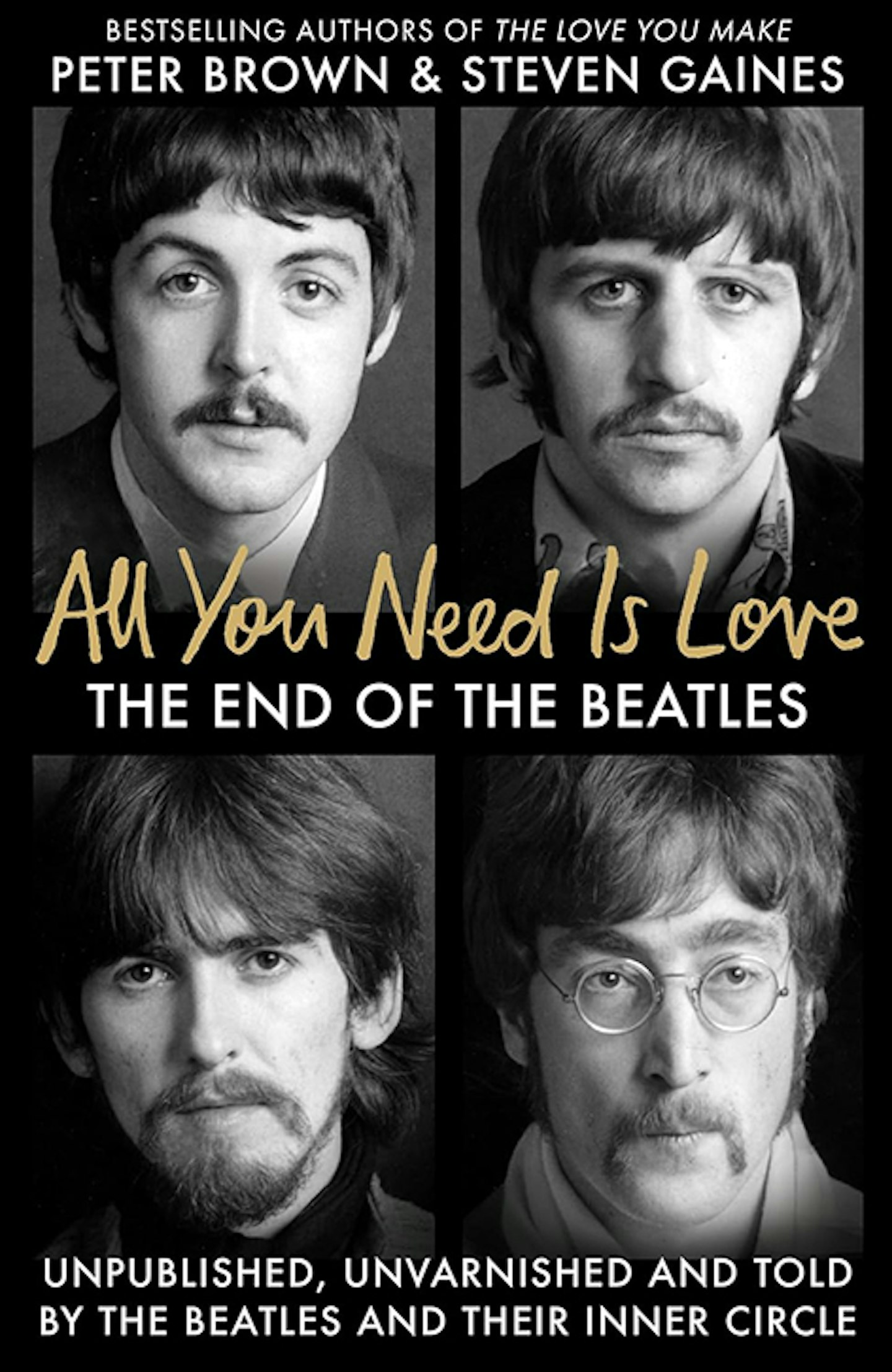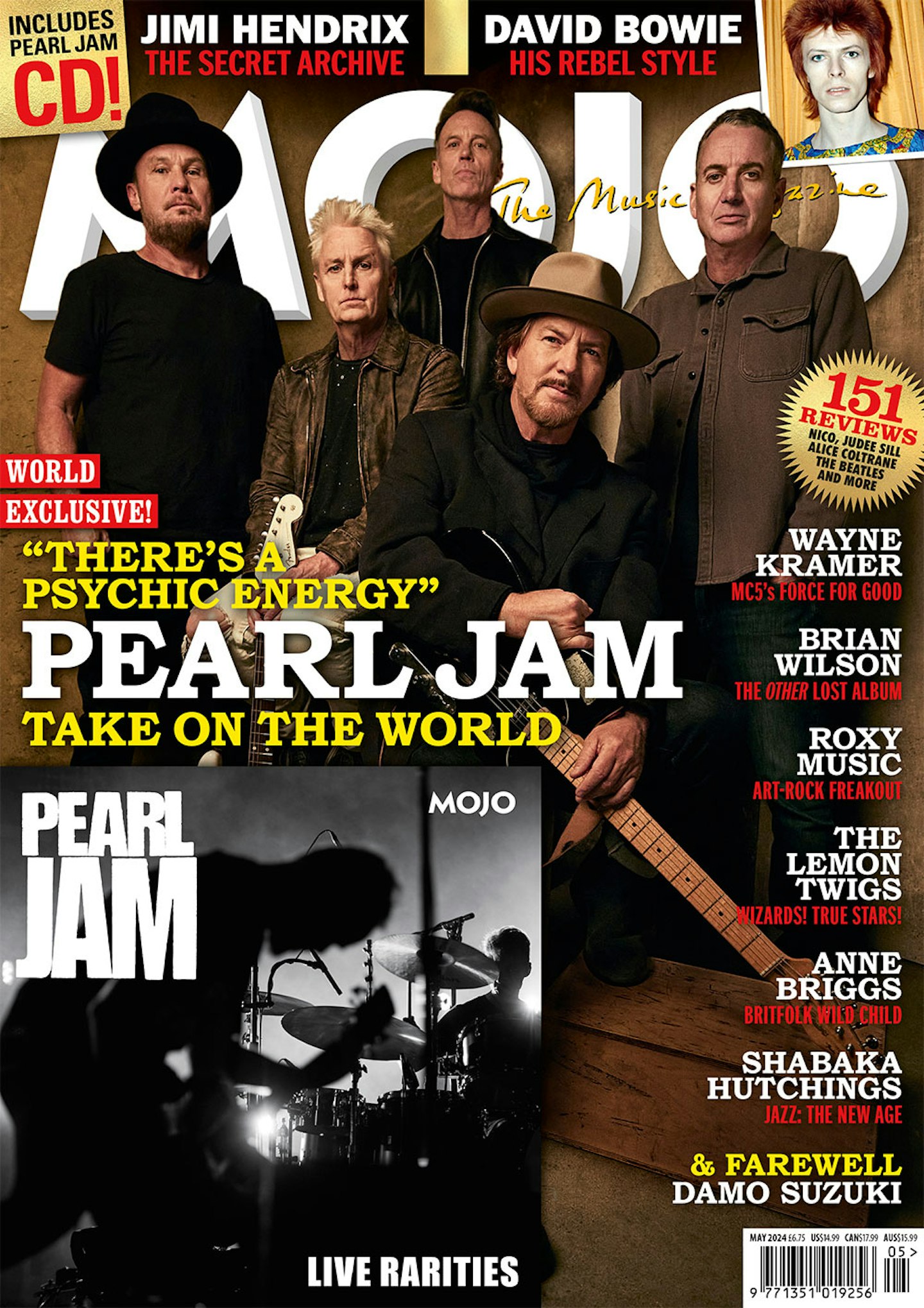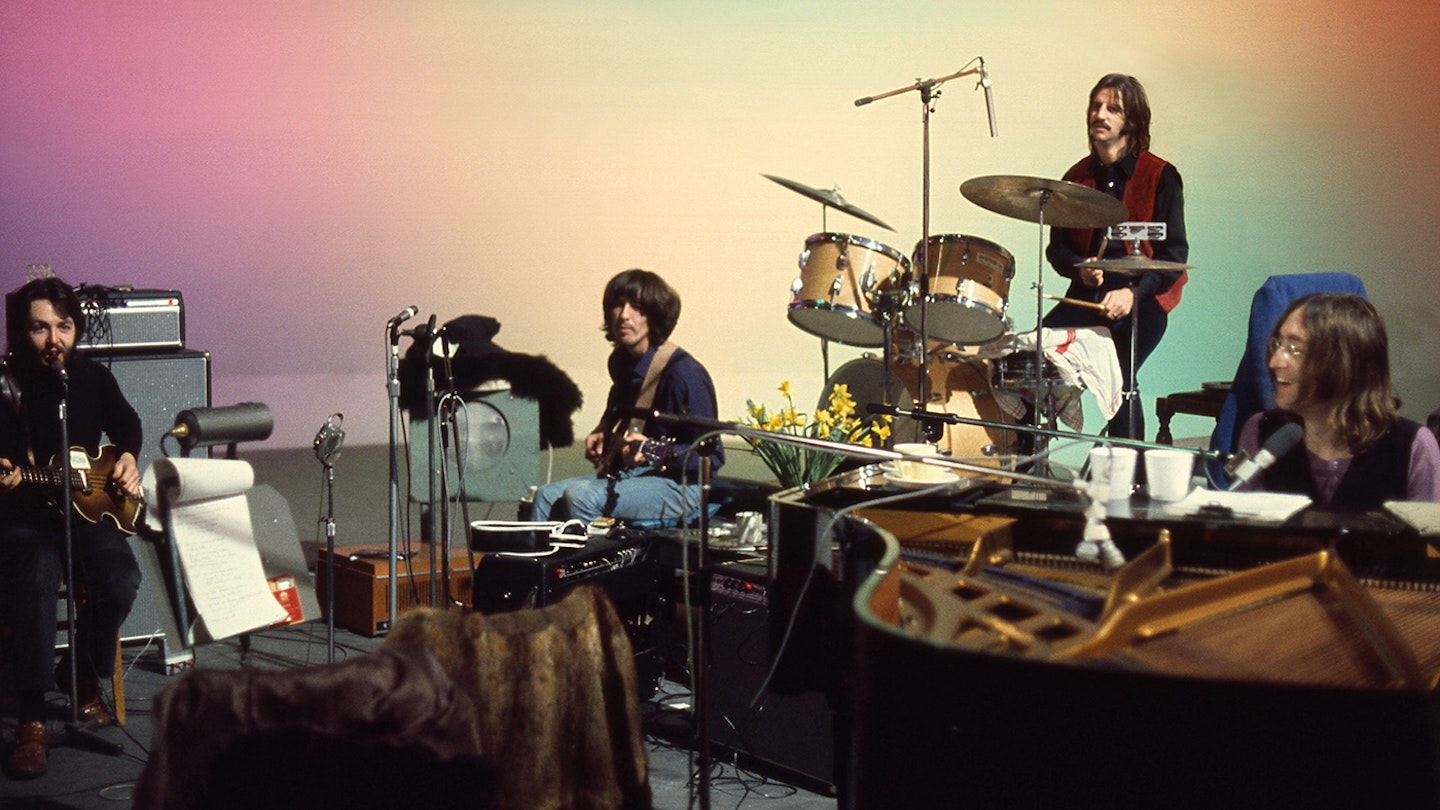All You Need Is Love: The End Of The Beatles
★★★★
Peter Brown and Steven Gaines
OCTOPUS

IN 1983, A MIXED reception greeted The Love You Make by Brian Epstein’s management assistant Peter Brown, of The Ballad Of John And Yoko fame, and writer Steven Gaines. Mocked as ‘The Muck You Rake’, the book was based on interviews conducted in 1980 with almost every A-lister except Lennon, murdered that December; months later, the widowed Yoko had her say. From this prime source material the authors spun an account long on sensation, short on nuance and non-existent on the actual music; Paul and Linda McCartney ceremonially burnt their copy.
Four decades on, we now have a better book: the original unfiltered interviews, including Peter Brown as just one more witness. Recalled with the split still reverberating, unresolved grievances are aired and scores settled, but recrimination is tempered with perspective all the more clear-eyed for being untinted by our latterday rosy glow.
This is no complete oral history, however. For all the access, the interviewees were busy, time-poor people, a few clearly, as in Fabs press officer Derek Taylor, well lunched up: “All but one of those fellows who came to lunch [with Peter Brown] was a poofter… what I call Bertie Woofters… They always liked me… I’m not a bigot, you see. Always a liberal.”
That four straight “macho Northern men” – even the sometimes viciously provocative Lennon – were so genuinely relaxed in their management team’s gay milieu is one of the book’s strongest themes. Another is how after Brian Epstein died there was no natural interface between the dissonant mindsets of art and money. “One thing I would have done differently with John, I would have presented him with a bag of money every once in a while,” recalled former Apple Records president (and the third Mr Joan Collins) Ron Kass. “Money invested was too abstract for him. It was my fault instilling in them a sophistication which they did not have… guys from Liverpool that haven’t had any kind of an education.” For anyone lacking a business education, the material here about contracts, NEMS, Northern Songs, Apple and ABKCO is indeed bewildering, especially when Allen Klein is talking.
A third, perhaps over explored theme is ‘Magic’ Alex Mardas, like so many charlatans a fascinatingly complex character, a bit player as vivid as the stars.
The fourth theme – perhaps oversold in the book’s subtitle The End Of The Beatles to capitalise on the post-Get Back reheating of pop’s equivalent to the causes of the First World War – is not explored forensically, as Daniel Rachel has done in the counterfactual Lost Album Of The Beatles. But a lot of talk is weighted towards the end rather than the beginning.
Few now would argue with 1980’s insider consensus: with the death of Brian Epstein was lost any hope of a workable structure to reconcile and foster both collective and individual energies; Yoko and Linda supplied John and Paul with meaningful structure to their lives but not their Beatles careers; Klein took a bad situation and made it worse. But by then “it was time for everybody,” in Ringo’s words. “Still the best band that ever was.”
What we’ve learnt from All You Need Is Love...
Why The Beatles didn’t sign The Band to Apple, awkward card games round George’s house, an embarrassing medical complaint for Paul and more. CLICK HERE TO READ!
All You Need Is Love: The End Of The Beatles in published by Octopus on April 11.
Pre-order: Amazon | Waterstones | WH Smith
Get the definitive verdict on all the month's best new albums, reissues, books and films only in the latest issue of MOJO. More information and to order a copy HERE!

Picture: Alamy
